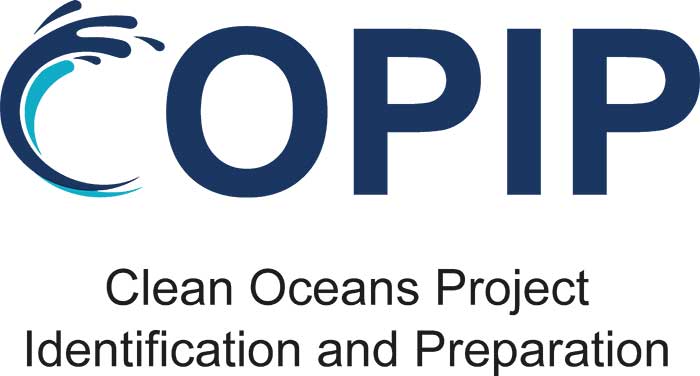About COPIP
Solid waste management projects focus on managing plastic waste better on land, in rivers and in coastal waters.
Wastewater management projects seek to reduce the discharge of plastics, including microplastics, to waterways, and handle the extracted plastics.
Urban stormwater management projects seek to reduce the discharge of plastics through storm drains and waterways to the ocean.
Along the coastlines of Sub-Saharan Africa, the Clean Oceans Project Identification and Preparation (COPIP) Programme will enable infrastructure that will reduce the amount of plastics entering the oceans. We are kick-starting a regional response to the estimated eight million tonnes of plastics that flow into the world’s oceans every year, most of which starts out as waste discarded on the ground or in waterways.
Who we are
COPIP’s contracting authority is the European Investment Bank (EIB), which supports the EU’s external and development policies and has been an active development finance partner in Africa since 1963. We operate within the framework of the Clean Ocean Initiative, which was launched by the EIB, Germany’s KfW and France’s Agence Française de Développement (AFD) in 2018. Italy’s Cassa Depositi e Prestiti (CDP) and Spain’s Instituto de Crédito Oficial (ICO) joined the Initiative in 2020. COPIP is implemented through a non-incorporated Joint Venture (JV) between Tetra Tech International Development BV and Egis Eau.
What we do
We identify, assess and prepare for implementation, solid waste, wastewater and stormwater management projects in Sub-Saharan Africa, in both the public and private sectors. We are pursuing this agenda along with target promoters: local authorities, municipalities and their public utilities; regional, national and local organisations; and private companies involved in waste and water management. In the process, we are ensuring knowledge transfer in project development, project management, financing, operation and maintenance techniques to public and private sector project sponsors and other government counterparts.
COPIP is also preparing 4 pilot projects as proof of concept of selected project components and approaches, and to build awareness and commitment among local stakeholders.
Where we work
COPIP beneficiary countries are eligible coastal Sub-Saharan African countries (not including South Africa). We are selecting and implementing projects in coastal and near-coastal riverine cities where the needs are clear and tangible, and the likelihood for sustainability, success and demonstration value are high.
COPIP produced 20 fiches (scoping reports) covering 18 countries in Sub-Saharan Africa.
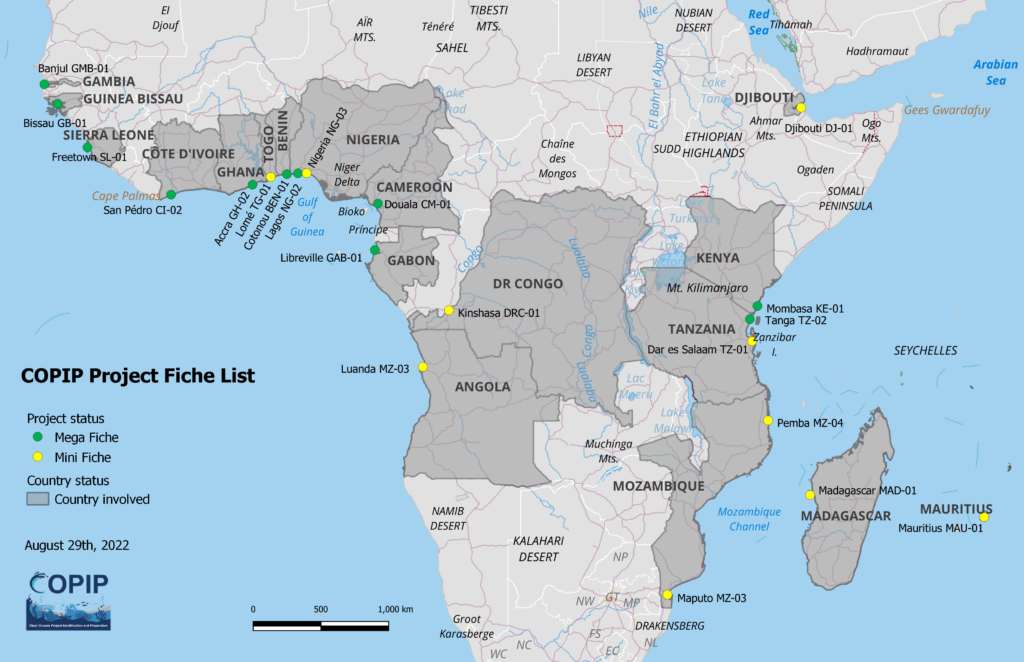
COPIP is implementing pre-feasibility studies in 8 Sub-Saharan African countries.
| GAB-01 | Gabon | Integrated solid waste management project Libreville |
| TZ 02 | Tanzania | Towards-Zero-Waste model town Tanga City |
| GMB-01 | Gambia | Greater Banjul Area Integrated Waste Management Project |
| KE-01 | Kenya | Mombasa Solid Waste Circular Economy Project |
| GH-02 | Ghana | Sekondi Takoradi Solid Waste and Wastewater Management Project |
| CM-01 | Cameroun | Douala solid waste and stormwater project |
| BEN-01 | Benin | Modernisation of Solid Household Waste Management in Grand Nokoué |
| TG-02 | Togo | Circular economy project in the Autonomous District of Lomé |
Five of these projects will be selected to advance to Feasibility Study for future EIB financing towards the end of 2023/early 2024.
KEY EXPERTS
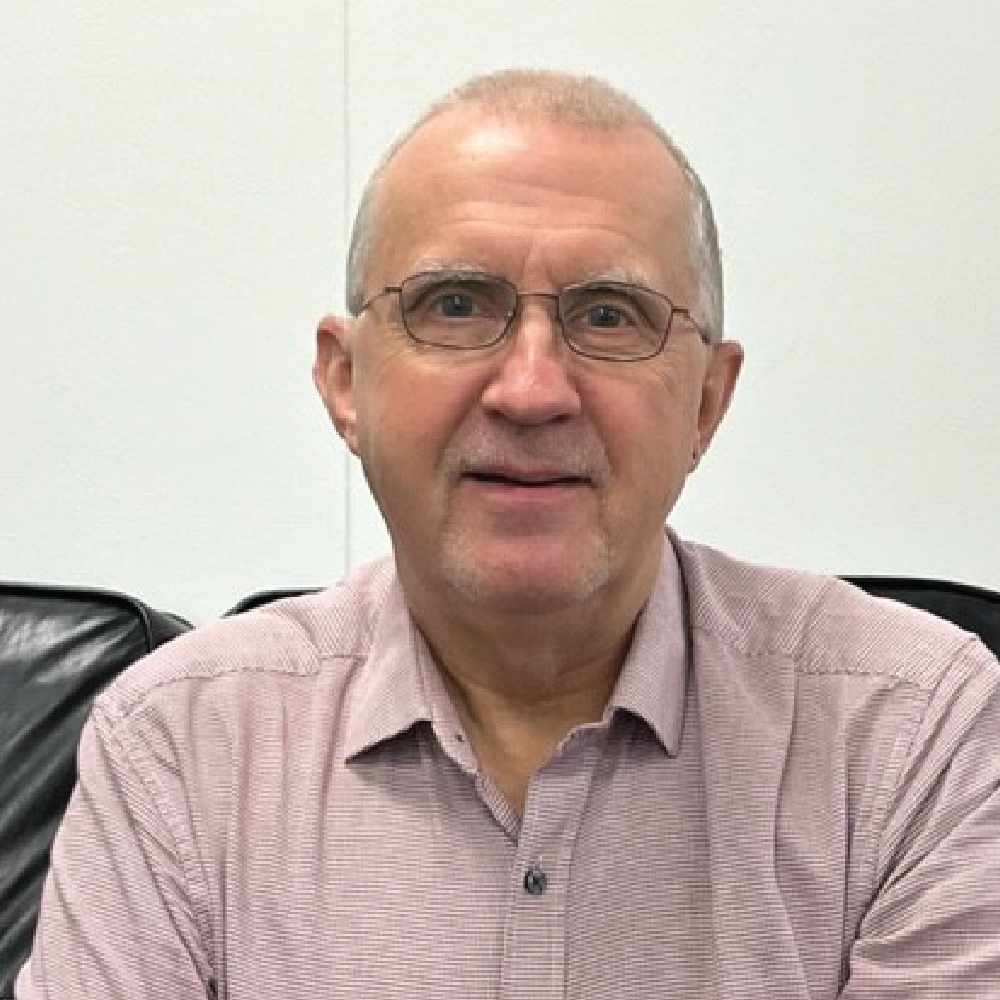
Charles Reeve: Team Leader (Key Expert 1) and Project Director
Dr Charles Reeve is a climate scientist and leading integrated water resource management specialist working as Project Director on COPIP since its initiation, taking on the role of Team Leader in 2023. He has over 40 years of experience in project preparation, management and evaluation for international organisations such as the European Investment Bank, UK Aid, KfW, USAID, GIZ, the European Commission, World Bank and the United Nations Office for Project Services. Most recently, he has performed the role of Team Leader on the Climate Resilient Infrastructure Development Facility (CRIDF) Phase 2 – a £31 million project funded by the Foreign, Commonwealth & Development Office. CRIDF prepares and secures funding for climate-resilient water infrastructure to reduce the vulnerability of people experiencing poverty in Southern Africa. Charles has a long history working in Sub-Saharan Africa, having been based in South Africa for 20 years until 2020.
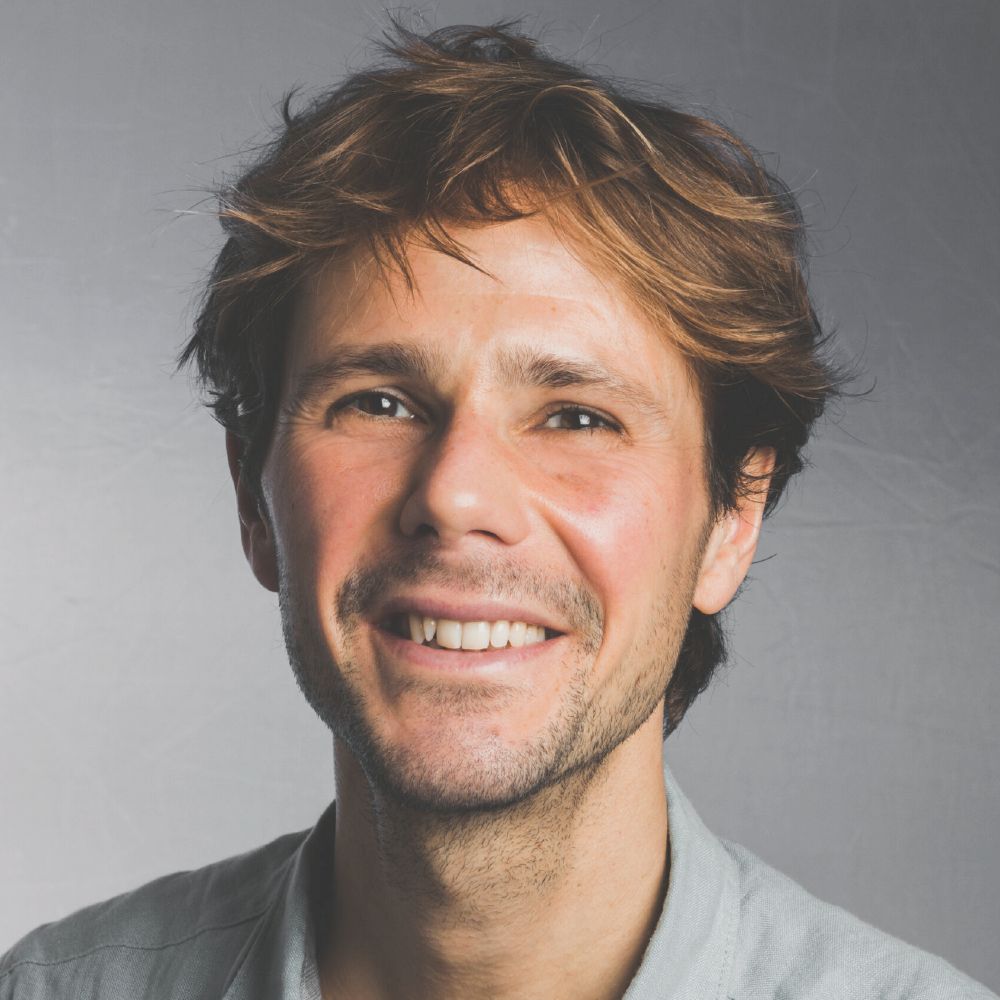
David Lion: Waste and Storm Water Management Expert (Key Expert 2) and Management Delivery Lead (Francophone countries)
David is a civil engineer with 20 years of global experience in technical and management aspects of wastewater and stormwater infrastructure projects and has worked in Sub-Saharan Africa for seven years. David has substantial experience managing and overseeing feasibility studies, preliminary and detailed designs, tender documents and procurement assistance of civil engineering and hydraulic works for wastewater treatment plants (WWTP), water, wastewater and stormwater network projects. This, combined with his technical experience as a hydraulic engineer, means he has extensive experience in implementing infrastructure development projects for wastewater and stormwater infrastructure across Sub-Saharan Africa, North Africa, the Middle East and Asia. Along with COPIP, David has recently been Team Leader and Project Director for the extension and rehabilitation project for the wastewater network and Douda WWTP in Djibouti.
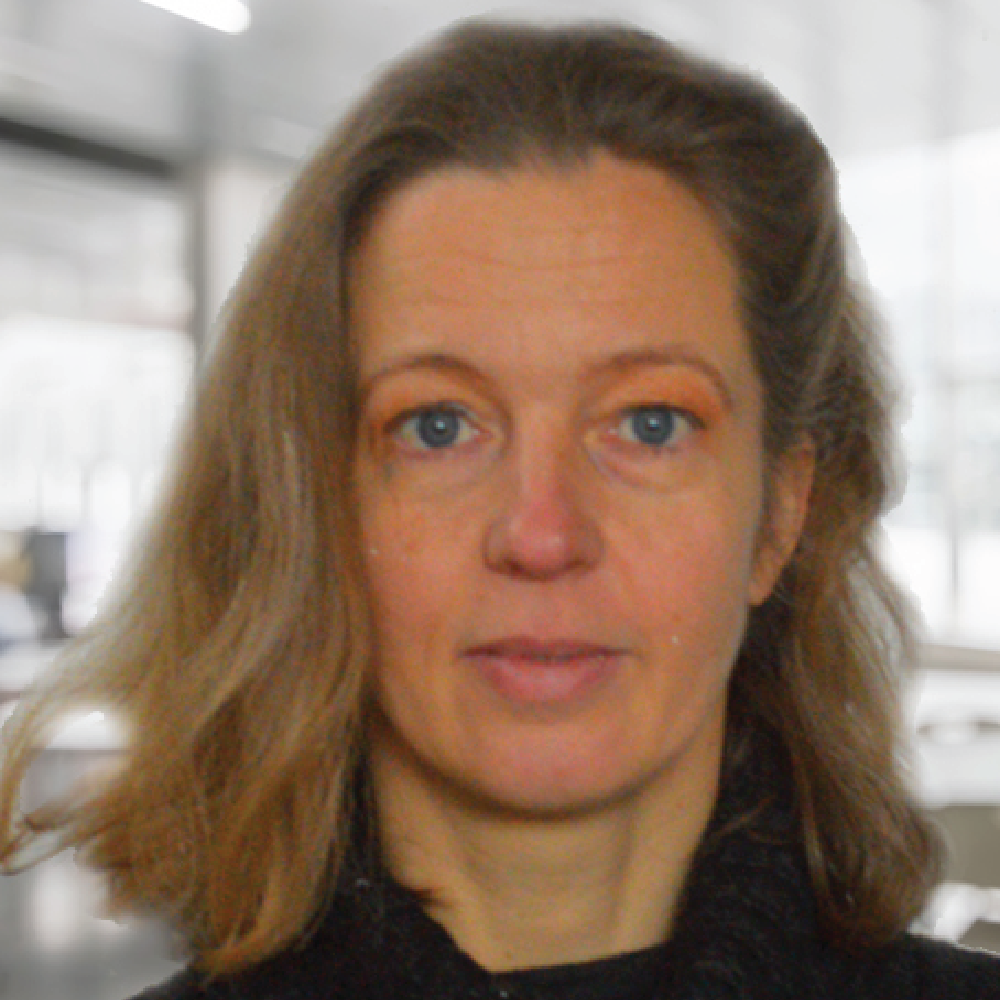
Eva Roben: Solid Waste Management Expert (Key Expert 3)
Eva has over 20 years of experience implementing solid waste management projects, including solid waste and climate change management (CO2 emission modelling). As well as her role on COPIP, most recently, she was engaged as the Solid Waste Expert for Commonwealth Clean Oceans Alliance in St Lucia. Eva possesses over three decades of professional experience in the environmental field and is experienced in dealing with stakeholders at all levels. Throughout her career, she has been involved in supporting developing countries in Africa, Asia and Europe, including several years in Sub-Saharan Africa, implementing solid waste management-related projects in Burkina Faso, Burundi, Cameroon, Chad, Côte d’Ivoire, Madagascar, Mali, Nigeria, Senegal and Togo.
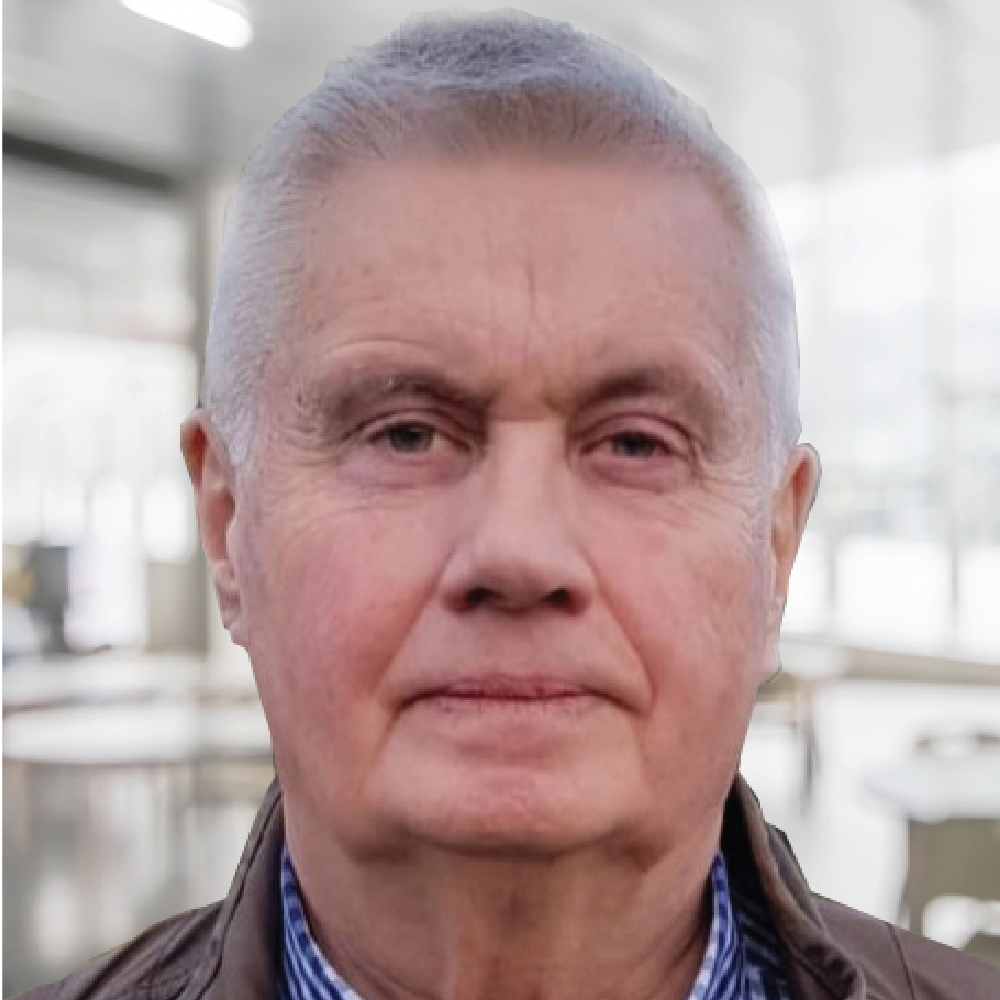
Stephen Pattle: Project Economist (Key Expert 4)
Stephen is a senior economic, finance and institutional specialist. He has 38 years of experience in international financial institutions and state and private sector financed infrastructure investment projects focusing on wastewater, solid waste and sewerage. Since the 1990s, he has been continuously involved in global infrastructure development initiatives in transition economies – including in Sub-Saharan Africa. Stephen has an excellent understanding of infrastructure development and institutional arrangements with experience in Botswana, Ethiopia, Liberia, Nigeria, Seychelles and Uganda. Stephen has extensive experience in the preparation of project financing and feasibility studies, medium-term development plans and strategies, capital investment plans and budgets, development of regulatory, pricing, competition and privatisation policies, implementation through Public Private Partnerships (including donor-supported modalities) and institutional development and capacity building through training.
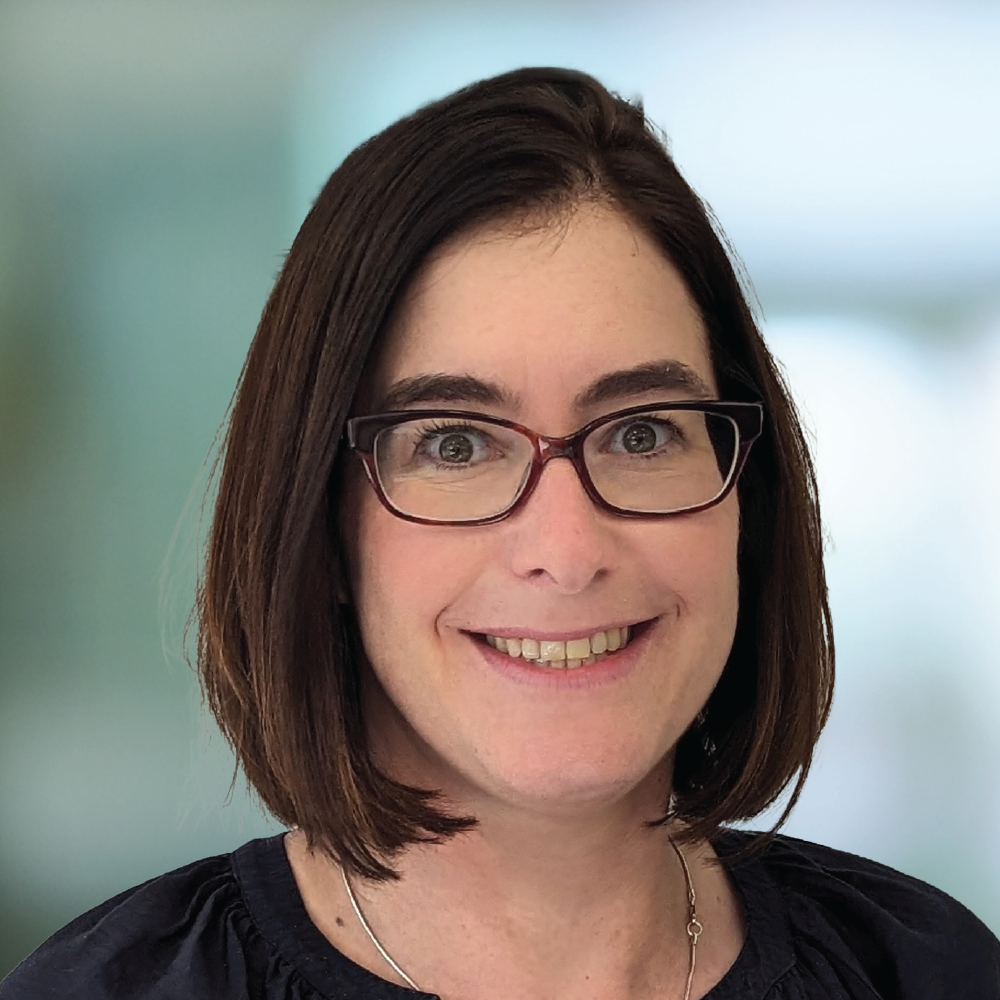
Lorraine Hutchison: Programme Manager
Lorraine Hutchison is a Chartered Civil Engineer with the Institution of Civil Engineers (MICE), UK. She has 20 years of experience developing and managing infrastructure projects across several sectors. Her management experience is supplemented with strong technical knowledge spanning water, wastewater, drainage and irrigation infrastructure design, water industry investment planning, water resource strategic studies and hydropower (in the UK and developing contexts). Her technical experience spans the project lifecycle from investment planning, business case development, feasibility, design and procurement to construction. Lorraine has worked with public and private sector clients in different cultural settings. In 2013 she was the technical lead for investigating and designing upgrades to a wastewater system in Malawi, between 2009–2012 she was Team Leader/Project Manager on various infrastructure projects in Afghanistan and most recently, she oversaw the Climate Resilient Infrastructure Development Facility Phase 2 programme management function.
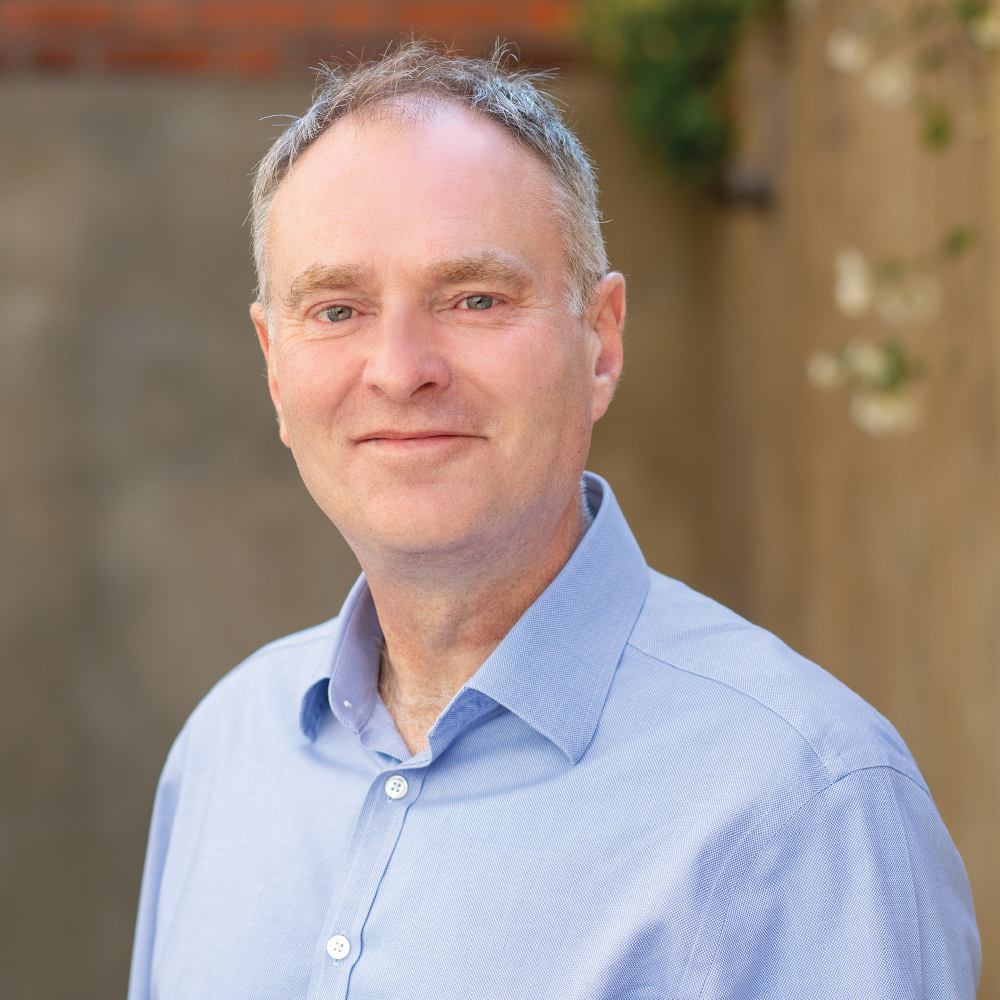
Jonathan Barnes: Management Delivery Lead (Anglophone countries)
Jonathan is a Chartered Civil Engineer with the Chartered Institution of Water and Environmental Management with 33 years of experience. Throughout his career, he has provided expert managerial and technical input and stakeholder facilitation to enable the successful execution of projects. Jonathan has strong experience leading water utility water resources management plans and climate-resilient city water supply infrastructure investment planning. He has strong experience working in Africa, having performed the role of Team Leader, Technical Adviser and Reviewer on many multidisciplinary climate-resilient water resources management projects for water utilities and government authorities in Southern and Eastern Africa and the UK. Most recently, Jonathan was Project Director on the Durable Solutions Project in Somalia, where he directed the team in producing early-stage project identification of an urban rehabilitation and development framework focused on water supply, energy, transport and economic development for the city of Kismayo.
Useful resources
European Investment Bank (EIB)
The Clean Oceans Initiative (eib.org)
The Clean Oceans Initiative (Tetra Tech)
